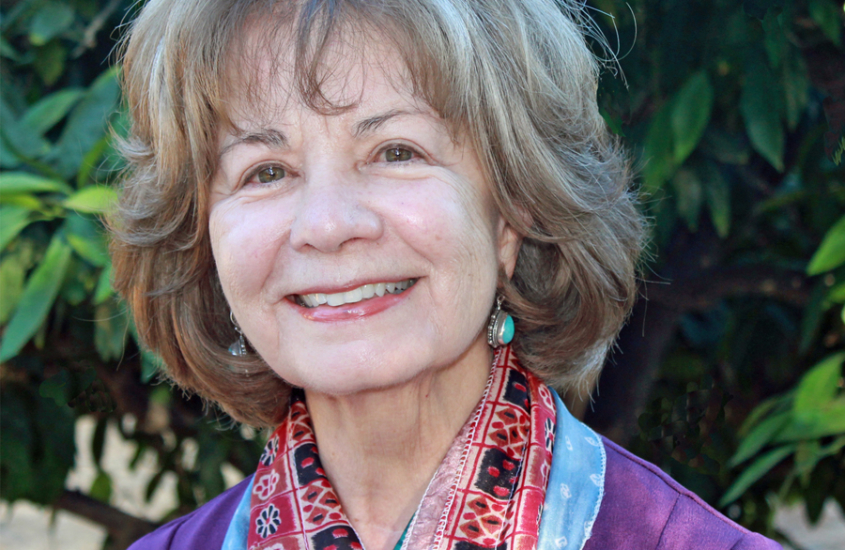The Only Revolution, March 12, 2022
The Only Revolution: Meditation on Interior Change
With Cynthia Overweg online
March 12, 2022
This was the first session in a new series to be presented by Cynthia Overweg from Ojai, California, and based on the book by J. Krishnamurti entitled The Only Revolution. Thirteen people in total were present for the Saturday morning meeting which began with a setting of the context, which included the facts that the pandemic has now been active for two years and also that war is raging in Europe. Can we find a still point in a turning world? Sensitive people are interested in responding to the challenge in a loving way, and Krishnamurti’s teachings can be of help in this endeavour. K said that revolution is the deep abiding living change that transforms our consciousness.
Cynthia wished to focus the exploration in this session on the question “What is meditation?” She suggested that it is the purging of the mind of its self-centred activity, which is hard work. “Seeing” is the crucial element in meditation; in fact meditation is pure attention. The process of the mind freeing itself from the known takes great attention and energy. Can it be present in our every-day life? K taught that life begins where thought ends. When we go beyond thought we are more alive and connected with the life force. This can only take place immediately, when the mind is attentive to the movement of life in all its relationships throughout the day. Meditation is the awakening to our own sorrow and the ending of it. It is silence, a lack of self.
After Cynthia’s initial presentation the audience was invited to pose questions and make comments. One participant offered that the mind has a tendency to want things to be different than they are and is often attached to those differences. Cynthia suggested that we can make a meaningful difference by shifting the quality of our own consciousness and embodying a deeper silence and quietude in our presence. This involves a decreasing of the dominance of the mind and a bringing forward of “the heart”. The discussion seemed to naturally produce a quality of silence and peace in the group, apparently a natural outcome of this type of inquiry and self-observation. When we cease identifying with the “ego” and its suffering and come back to the quiet beingness of the body and the breath, then we are more able to extend loving kindness to the suffering world around us.
DB



